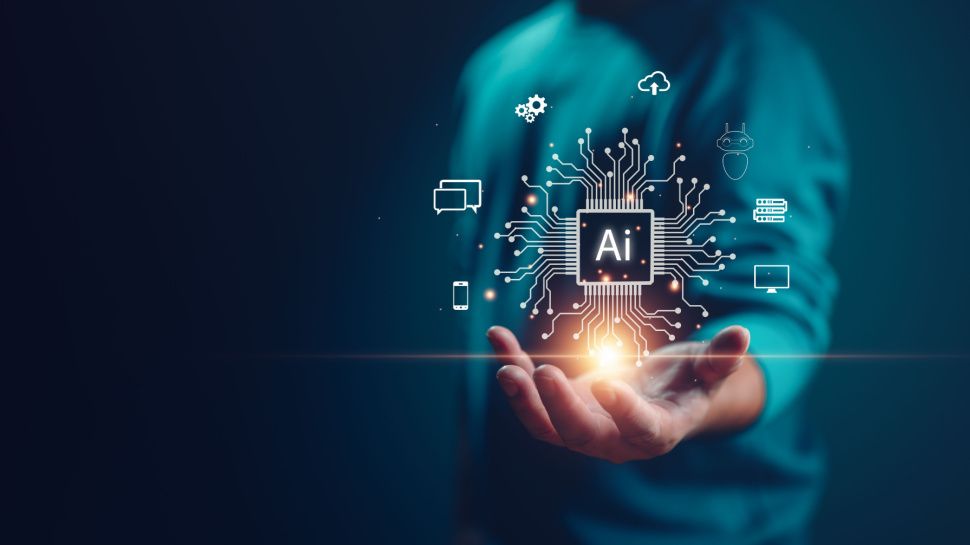Sorry, but no relevant information or results could be found for your search.
Samsung Galaxy S25 series phones are on sale for record-low prices
Samsung Galaxy S25 smartphones are on sale for record-low prices, making this a great time to upgrade. The standard S25 is down to $700, which is a discount of $100. The slightly-beefier S25+ now costs $800 instead of $1,000. Finally, the S25 Ultra has been discounted to $1,100 from $1,300. All of these deals are available via Amazon. <br /> This is Samsung’s latest and greatest smartphone [...]
Meta's Oversight Board criticizes company's 'hastily announced' hate speech policy changes
Meta's Oversight Board has deemed Meta was right to leave up two videos reported for hate speech and harassment, though it recommends changes for the company. The decision follows revisions Meta made in January to its Hateful Conduct Policy.<br /> The Board started looking into the two posts last August. One of the videos showed a trans woman being confronted in a bathroom by another wo [...]

